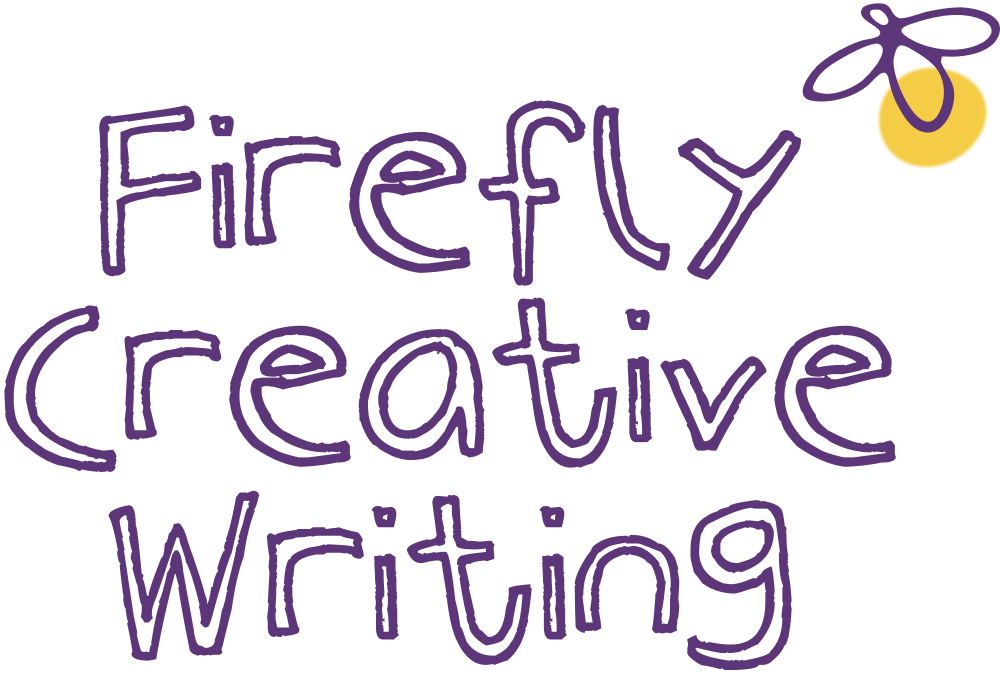
Firefly’s Feedback Manifesto
Why we do what we do.
A huge part of any writing workshop is giving and getting feedback.
This process can be uplifting, demoralizing, awkward, hopeful and everything in between. One thing never changes, it’s vulnerable.
We hear from people all the time who were hurt by feedback they received in a writing workshop, and then stopped writing for a month or year or decade. It happens all the time. So here at Firefly we’re extremely mindful about how we give feedback, and how we invite groups to.
This document should give you a clear picture of what you can expect.
1. Every creative goal — and path to get there — is unique.
Our power as writers is unique, personal, and ever-changing. When we’re giving feedback, our job is to help writers find and claim their paths, and to travel down them with new clarity and confidence.
2. Our writing voices are tender and vulnerable, especially when we’re just getting used to using them.
We’ve had thousands of conversations with writers who tell us the same story:
I used to love writing, but then a teacher said I should give up.
I used to love writing, but I got feedback in a workshop that made me feel awful.
I used to love writing, but then someone in a class laughed at me.
A tiny bit of misplaced critique can send our writing skittering back into its burrow for a lifetime. When speaking about each other’s work, care is required. Kindness is power. Feelings of self-trust and safety naturally move us towards our most powerful work.
Because of this, when a piece is brand new, or when a writer doesn’t know their work’s natural direction yet, we just respond with what we loved.
3. When given the chance to ask, writers know what they want.
When a piece is new or when we’re in self-doubt, positive feedback helps us find our footing. We learn what’s working, we connect to our skills, and we naturally build from there. In Firefly workshops, when we’re sharing brand new work, we only focus on the positive — what was powerful in this piece? What was your favourite line?
There may be a place on the writing journey when we are hungry for more. Too often in writing classes, this is where we’re given excessive negative critique, which often disconnects us from our intuition and discourages us from continuing. Instead, at Firefly, we focus on questions. We’ll ask you — what feels messy to you? What feels unfinished? How can we help you draw closer to your truth?
We do this in “workshop-style” classes where participants are creating work at home between sessions, such as The Life Stories Workshop, Deeper Waters and others. When we’re writing fresh material in class, we only focus on the positive.
This combination of positive feedback and questions led by the writer is a powerful recipe to keep us in the driver’s seat of our own projects, and moving forward.
4. The idea of “rules” for creativity is oppressive and damaging.
The idea that there are rules for writing is like the idea that there are rules for breathing or walking or loving. It’s personal, it’s contextual, it’s generational, it’s cultural, and it’s always changing.
Many writers such as Viet Thanh Nguyen, Felicia Rose Chavez and Matthew Salesess have written powerfully about the colonial underpinning of how writing is usually taught, and the need to change that. Much of our philosophy comes from their work.
It’s important to remember that rules are created by those with power. They can be useful to explore and understand, especially if our goal is to publish, but if they’re held up as universal truths, they only reinforce that power. At Firefly we aim to help each writer figure out what their rules are, and take that as far as they want to.
5. The best feedback is the feedback that makes you want to keep writing.
The better we feel about feedback, the more we write. The more we write, the more our writing finds its course. It’s that simple, and that complicated.
